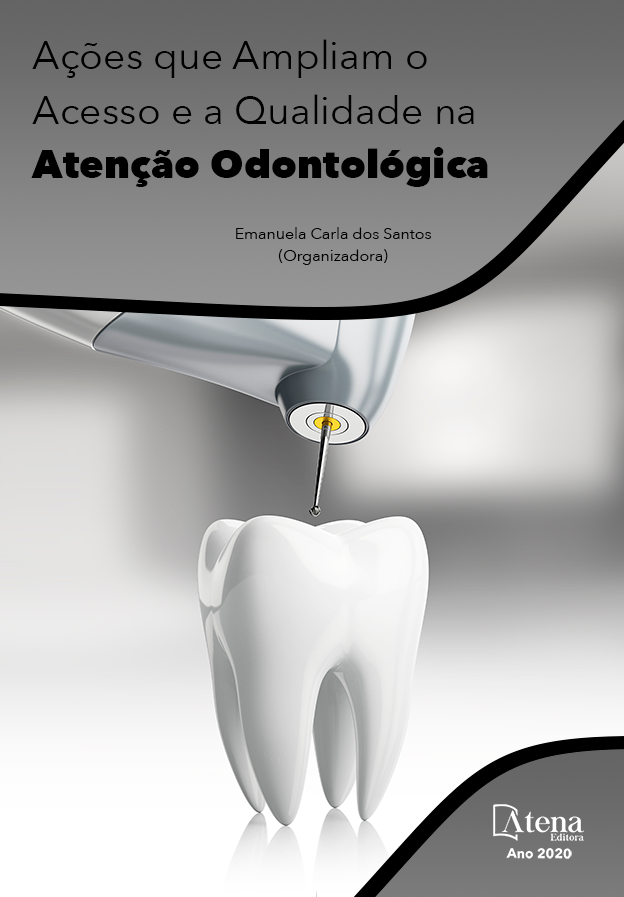
ABORDAGEM ODONTOLÓGICA EM PACIENTES ONCOLÓGICOS EM PERÍODOS: PRÉ, DURANTE E PÓS RADIOTERAPIA
A radioterapia emprega feixe de radiações ionizantes como um método capaz de destruir células cancerígenas. Uma dose de radiação previamente calculada e controlada é aplicada, por um determinado tempo, a um volume de tecido que engloba o tumor, buscando erradicar as células neoplásicas seguindo o princípio da otimização, onde busca-se maximiza o dano no tumor e minimiza o dano em tecidos vizinhos normais, o que se consegue irradiando o tumor de várias direções. Durante o tratamento antineoplásico, os pacientes são susceptíveis aos efeitos colaterais que repercutem na cavidade oral, levando a um maior desconforto ao paciente e, em casos mais extremos, podendo levar a interrupção de tal terapia devido a impossibilidade da manutenção da radioterapia. Sendo assim, imprescindível a atuação do cirurgião-dentista no acompanhamento tanto pré, durante e pós tratamento radioterápico, minimizando a possibilidade de surgirem tais manifestações, bem como o agravamento dos efeitos colaterais.
ABORDAGEM ODONTOLÓGICA EM PACIENTES ONCOLÓGICOS EM PERÍODOS: PRÉ, DURANTE E PÓS RADIOTERAPIA
-
DOI: 10.22533/at.ed.45720031117
-
Palavras-chave: Radioterapia, Estomatologia, Mucosite
-
Keywords: Radiotherapy, Stomatology, mucositis
-
Abstract:
Radiotherapy employs a beam of ionizing radiation as a method capable of destroying cancer cells. A trained and controlled radiation dose is applied, for a certain time, to a volume of tissue that encompasses the tumor, seeking to eradicate neoplastic cells following the principle of optimization, where the search maximizes the damage in the tumor and minimizes the damage in normal tissues, which is achieved by irradiating the tumor of several children. During antineoplastic treatment, patients are susceptible to the effects that affect the oral cavity, causing greater discomfort to the patient and, in more extreme cases, may lead to an interruption of such therapy due to the impossibility of maintaining radiotherapy. Therefore, the performance of the dentist in monitoring both before, during and after radiotherapy treatment is essential, minimizing the possibility of such manifestations, as well as the worsening of previous effects.
-
Número de páginas: 29
- Marcelo Bonifácio da Silva Sampieri
- Filipe Nobre Chaves
- Renan Ribeiro Benevides
- Rebeca Moita Leão
- Thiago Vasconcelos Melo
- Josfran da Silva Ferreira Filho
- João Pedro Lima de Alencar
- Karen Ananda Souza da Silva
- Gabrielle Oliveira de Sousa
- Gabriela Moreno Marinho
- Carlos Aragão Martins
- Samuel Rocha França


